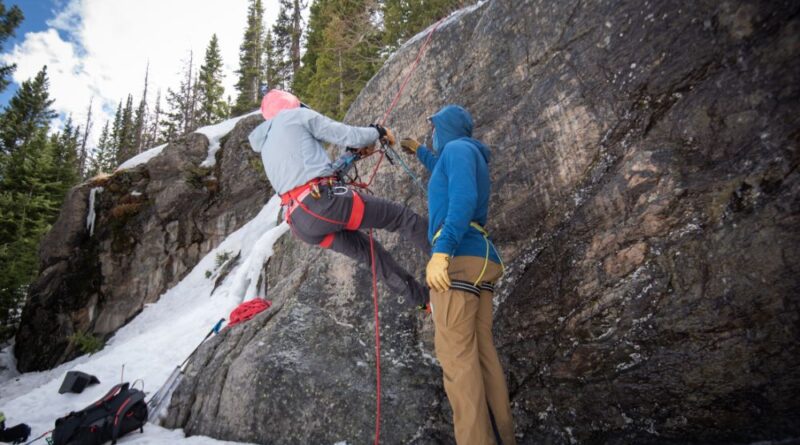Strategies for Overcoming Mental Challenges in Rock Climbing
Introduction
Rock climbing is not just a physical activity; it also requires mental strength and focus. Overcoming mental challenges is an essential part of becoming a successful rock climber. Two key aspects of mental challenges in rock climbing are managing fear and maintaining maximum concentration. In this blog post, we will explore strategies and techniques to help climbers overcome these mental hurdles and improve their performance on the rock.
Managing Fear
Fear is a natural response when facing dangerous or challenging situations, and rock climbing can certainly be both. However, letting fear control you can hinder your progress and limit your abilities as a climber. Here are some strategies to help you manage fear while rock climbing:
1. Acknowledge and accept fear: It’s important to recognize that fear is a normal and natural response. Instead of trying to suppress or ignore it, acknowledge its presence and accept it as part of the experience. This can help you approach fear with a more rational mindset.
2. Break it down: Fear often stems from the unknown or the feeling of being overwhelmed. Break down the climb into smaller, manageable sections and focus on one step at a time. This can help reduce the feeling of being overwhelmed and make the climb feel more achievable.
3. Visualize success: Visualization is a powerful technique that can help calm your nerves and build confidence. Before attempting a climb, visualize yourself successfully completing it. Imagine each move, feel the rock beneath your fingertips, and see yourself reaching the top. This mental rehearsal can help alleviate fear and boost your confidence.
4. Control your breathing: Deep breathing exercises can help calm your mind and relax your body. When you feel fear creeping in, take slow, deep breaths to help center yourself. This can help reduce anxiety and allow you to focus on the task at hand.
Maximum Concentration
Rock climbing requires intense focus and concentration. One momentary lapse in attention can have serious consequences. Here are some tips to help you maintain maximum concentration while climbing:
1. Set clear goals: Before starting a climb, set clear goals for yourself. These goals can be specific moves or milestones that you want to achieve during the climb. Having a clear focus will help you stay engaged and maintain concentration throughout the climb.
2. Eliminate distractions: Rock climbing requires your full attention, so it’s important to eliminate any distractions. Put away your phone, clear your mind of any unrelated thoughts, and focus solely on the climb. This will help you stay present and fully engaged in the task at hand.
3. Practice mindfulness: Mindfulness is the practice of being fully present in the moment. Incorporating mindfulness techniques into your climbing routine can help improve your concentration. Pay attention to your body, your movements, and the sensations you experience while climbing. This heightened awareness will help you stay focused and react quickly to any changes in the climb.
4. Develop a pre-climbing routine: Establishing a pre-climbing routine can help you get into the right mindset and prepare mentally for the climb. This routine can include stretching, visualization exercises, and positive affirmations. Having a consistent routine will signal to your brain that it’s time to focus and perform at your best.
Conclusion
Overcoming mental challenges in rock climbing is just as important as developing physical strength and technique. By managing fear and maintaining maximum concentration, climbers can unlock their true potential and take their climbing to new heights. Remember to acknowledge and accept fear, break down the climb, visualize success, control your breathing, set clear goals, eliminate distractions, practice mindfulness, and develop a pre-climbing routine. With these strategies in mind, you’ll be well-equipped to tackle any mental challenges that come your way and achieve your climbing goals.

